🏆 The HubSpot Playbook
A few months back, I stumbled upon HubSpot, the company that transformed modern marketing. Little did I know, their approach reshaped how businesses attract, engage, and delight customers forever.
HubSpot’s philosophy isn’t just a method—it’s a movement.
HubSpot invented “inbound marketing” and turned it into a $38B business by creating an industry from scratch and dominating it.
If you’re curious about growth and innovation, buckle up. Today, I’m walking you through HubSpot’s strategies and how they’re reshaping the future of marketing.
Here’s what we’ve got for ya:
📈 Building An Industry
🛞 The Flywheel Effect
🤫 The Secret Sauce For Your Business
Read Time: 4 min 25 sec

📈 Building An Industry
Imagine this: you’re sitting in a brainstorming meeting, and someone suggests inventing a whole new industry. Sounds crazy, right? Yet that’s exactly what HubSpot did with inbound marketing.
Before HubSpot, most marketing was about interruptions. Think TV commercials, pop-up ads, and endless emails. The goal? Shout louder than your competitors.
HubSpot flipped the script.
Instead of interrupting, they focused on attracting. HubSpot built tools to help businesses create blog posts, social media content, and eBooks that answered real customer questions. They believed that by providing value first, customers would naturally come to you.
And they were right.
This approach, known as inbound marketing, wasn’t just a strategy—it was a revolution. Businesses that adopted it saw:
Lower customer acquisition costs
Higher customer loyalty
Sustainable growth
In short, they weren’t chasing customers anymore. Customers were chasing them.
Here’s the kicker: HubSpot used inbound marketing to market their own product—inbound marketing software. Genius, right?
And it worked. HubSpot didn’t just create tools; they educated their audience. Through blogs, webinars, and guides, they empowered businesses to take control of their marketing. This educational approach built trust and established HubSpot as a thought leader.
Fast-forward to today, and inbound marketing is the backbone of countless successful companies. HubSpot’s strategy proved that creating value upfront can lead to extraordinary results.

Discover 100 Game-Changing Side Hustles for 2025
In today's economy, relying on a single income stream isn't enough. Our expertly curated database gives you everything you need to launch your perfect side hustle.
Explore vetted opportunities requiring minimal startup costs
Get detailed breakdowns of required skills and time investment
Compare potential earnings across different industries
Access step-by-step launch guides for each opportunity
Find side hustles that match your current skills
Ready to transform your income?

🛞 The Flywheel Effect
Traditional businesses rely on funnels: attract leads, convert them, and move on. But funnels have a flaw—once a customer reaches the bottom, the process ends.
HubSpot thought differently. Instead of a funnel, they designed a flywheel.
What’s a flywheel?
It’s a cycle where every customer interaction fuels your next success. Here’s how it works:
#1 Attract: Use valuable content to draw people to your brand.
#2 Engage: Build trust by solving their problems with your product or service.
#3 Delight: Turn customers into advocates who spread the word.
Unlike a funnel, the flywheel doesn’t stop. Happy customers bring in more leads, creating a self-sustaining growth engine. HubSpot’s tools are designed to power this cycle, making it easy for businesses to maintain momentum.
Real-world example? Take their blogging tool. A single post might attract thousands of visitors, some of whom become customers, who then refer friends… and the cycle repeats.
HubSpot also introduced automation to make the flywheel even more effective. By integrating CRM, email marketing, and analytics, they gave businesses the tools to personalize experiences and measure impact seamlessly. This integration ensures every interaction adds momentum to the flywheel.
What’s the result? Exponential growth that’s both sustainable and customer-focused.

🤫 The Secret Sauce For Your Business
So, how can you apply HubSpot’s genius to your own business? Here’s the playbook:
#1: Create Content That Answers Questions. What are your customers searching for online? Build blog posts, videos, or guides that provide clear, helpful answers.
#2: Turn Customers Into Advocates. Don’t just sell a product—deliver an experience. Use surveys, reviews, and feedback to understand what your customers love (and what they don’t).
#3: Think Flywheel, Not Funnel. Reinvest in customer relationships. Focus on delighting your existing customers—they’ll drive your growth.
#4: Leverage Automation. Automate repetitive tasks like email campaigns or customer follow-ups.Use tools to personalize interactions at scale, ensuring every customer feels valued.
#5: Test, Optimize, Repeat. HubSpot’s success wasn’t an accident. They tested everything. Experiment with small changes in your campaigns and double down on what works.
By following these steps, you can build a business that grows sustainably and adapts to change. HubSpot’s story is a masterclass in turning simple ideas into billion-dollar outcomes.
And here’s the kicker: this isn’t just for marketing teams. The flywheel philosophy applies to sales, customer service, and even product development. Every department can contribute to the cycle, creating a unified growth engine.



